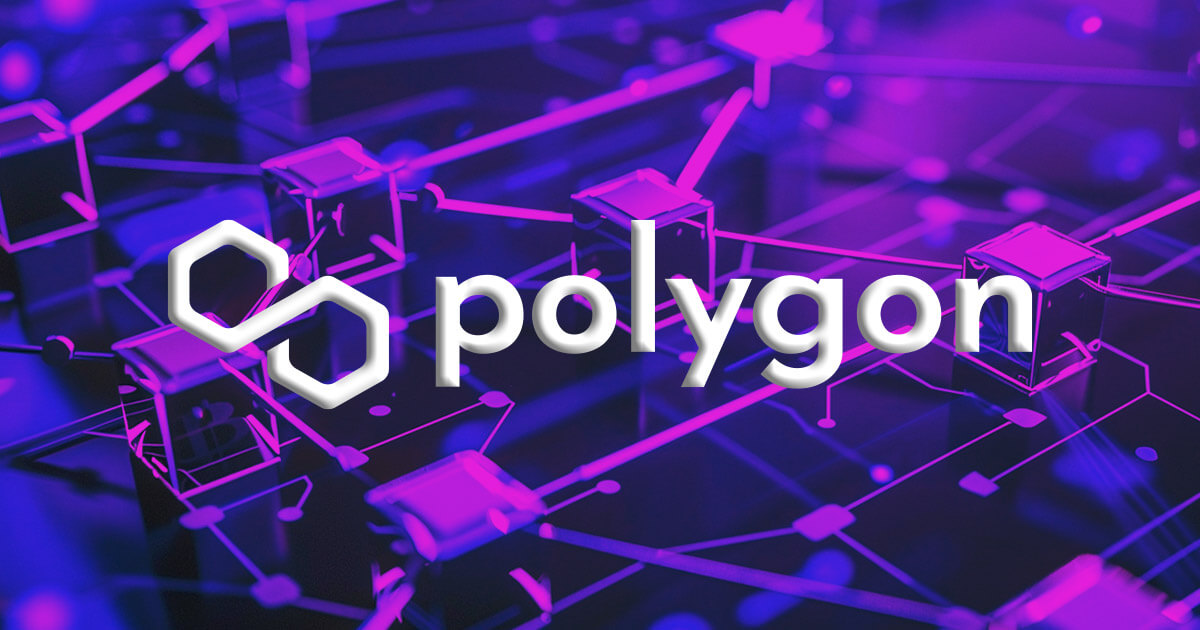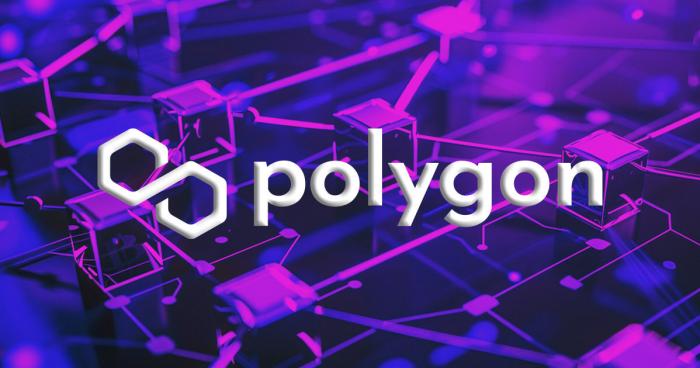Polygon’s CEO Marc Boiron emphatically stated that the layer-2 network was not considering developing layer-3 protocols because of the potential risks they pose to Ethereum’s security.
Boiron made this statement on the back of the early success of Degen Chain, a layer-3 network running on the Coinbase-backed scaling solution Base.
Layer 3 protocols enhance scalability by building upon Layer 2 infrastructure, allowing developers to tailor application-specific blockchains to their requirements.
Degen Chain
Degen Chain is a layer-3 network built using Arbitrum Orbit for the DEGEN token. The digital asset has swiftly emerged as the primary community token among Farcaster users, the rapidly expanding web3 social media platform.
Since its launch on March 28, the network has captured substantial attention and transactional activity within the crypto industry, witnessing an impressive surge of over 200% in the past week.
Available data indicates that the network has facilitated the bridging of more than $30 million, alongside powering over 3.5 million transactions as of March 30.
Community debates layer-3
Degen Chain’s early successes have attracted debates from the crypto community, who hold differing views about the network.
In a March 31 post on X (formerly Twitter), Boiron asserted that layer-3 networks divert value from Ethereum onto the layer-2 platforms hosting them.
According to him, such a trajectory doesn’t align with Polygon’s commitment to Ethereum’s scaling, which the company already addresses through its proof-of-stake (PoS) and zero-knowledge Ethereum Virtual Machine (zkEVM) chains.
Additionally, Boiron pointed out the potential adverse effects of layer-3 adoption, highlighting their minimal performance enhancements and the looming threat to Ethereum’s security. He said:
“If all L3s settled to one L2, then Ethereum would capture basically no value and, thus, Ethereum security would be at risk.”
He added:
“If Ethereum earns no fees and has no prospect of earning fees other than a tiny amount of fees from this one L2, then the value of ETH will drop and, when it is clear that it’ll continue to drop because there is no economic future for it, validators will no longer be willing to hold ETH and, thus, no longer be willing to secure the network.”
Meanwhile, blockchain expert Cygaar explained that layer-2 networks are not yet “matured” and have yet to inherit Ethereum’s security level because of existing challenges like network centralization, upgradeable bridge contracts, and developing proving systems.
Consequently, he argued that integrating layer-3 networks atop layer-2s could exacerbate risks and compromise the security of these blockchain networks.



